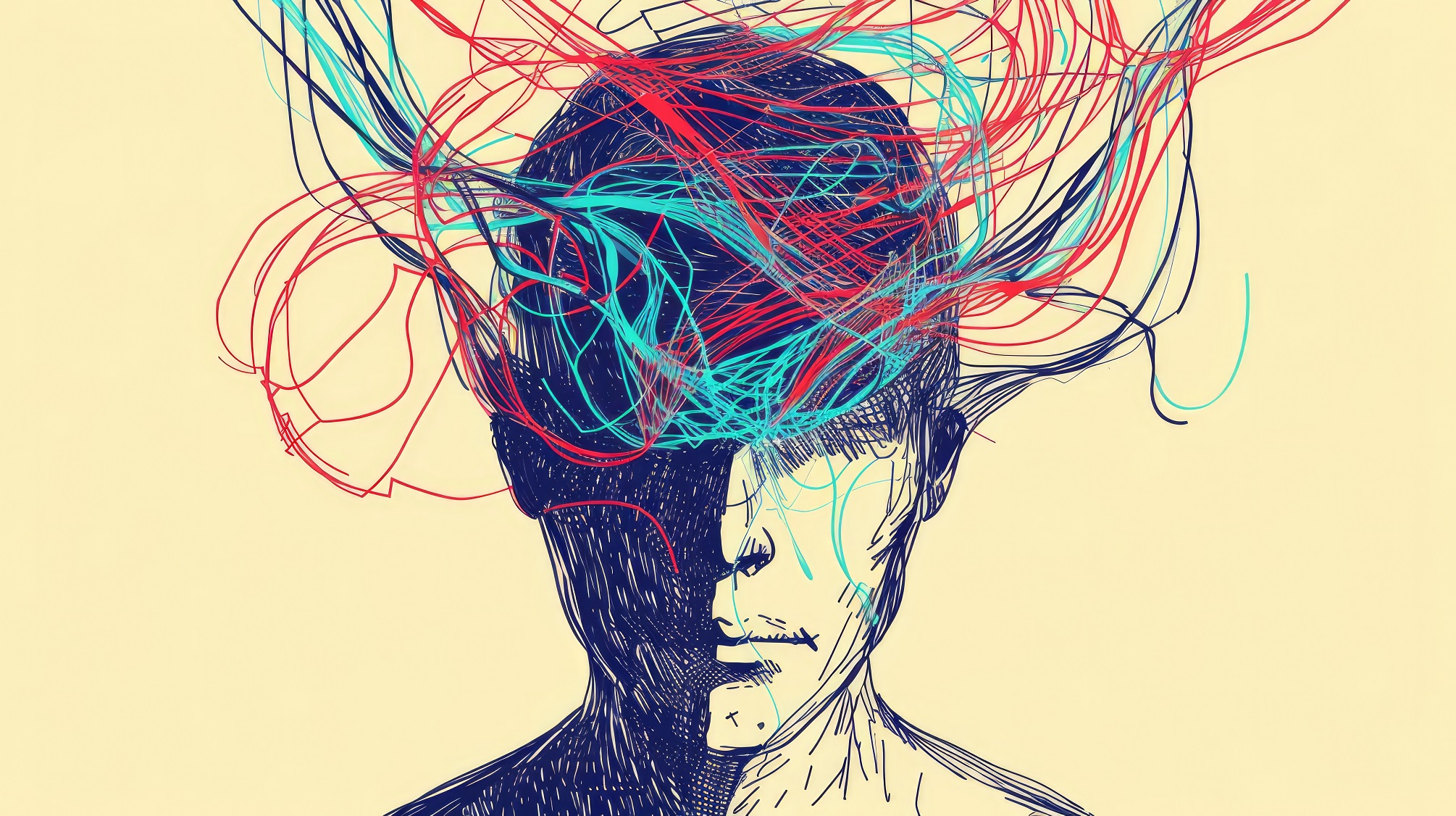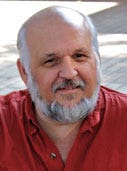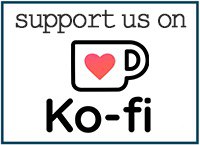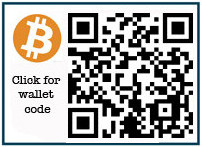Humanity is Messy
Todd Hayen

One thing that really annoys me is this idealistic quest for a perfect society. Whether this quest comes from the ultra-religious or from the maniacs heading up the New World Order or even from average everyday folks who think that humans can all be herded into some ideal group of nice neighbourly Mr. Rogers types.
Even if that could be done it would be a bore. And any really serious effort to do so will quickly turn into totalitarian insanity. Isn’t that what we are seeing now? Everyone has some crazy idea that they know how people should be in a “good” world. Some of these people are nuts, granted, and we all know who those are. But there really are some good-intentioned people doing pretty much the same thing.
Human beings are messy. There really is no way you can get a bunch of them together, let alone 8 billion of them, and think you are not going to have criminals, crazy people, murderers, religious freaks, racists, misogynists, violent sociopaths, and all sorts of other shady shadowy folks amongst them. That’s humanity for you. It takes all kinds.
My fight for a “better world” doesn’t mean a fight for perfection. The only real tenet that I believe is foundational, is freedom—and more succinctly defined as freedom from tyranny. And, of course, working toward maintaining, or developing, a keen awareness of who we are as spiritual/physical beings. But even that is mostly a pipe dream. However, I think it is worth working toward. Anything else is futile nonsense. To be human we all possess a shadow side.
Being physical always carries a tension of the opposites. We live in a dynamic filled with paradoxes—there will always be clashes and conflicts. And as such, there will always be warriors to push the culture in one direction or the other. There will always be sides, and there will always be a cause to fight for.
To claim oneself to be a champion of humanity is to claim humans have the right to be human. This includes all of their little, and big, oddities. It does not mean that humanity should not work toward a “better” human, but this even has limits. What makes a human better? I don’t know if we can come up with an intellectual definition of “better”—which has been a huge part of our problem—the problem is that we keep thinking we can adequately define a “better” human. We must know in our hearts what is “better” (we already do know, through “consciousness of the heart”). We also must know in our hearts an understanding that “better” is flexible, and is more dependent on individual creativity than on a mass, rigid, consensus.
We can say that God tells us what is better, and I do agree this is true, but I don’t think He does so in words. I think He does this through His creation, in nature, in our hearts, and in the love we experience every day. He instills in us a willingness and desire to search out, in this sometimes-barren land of physical manifestation, the “better” we can see in potential, emanating out of all of it, particularly out of the other humans we experience around us.
Making the “machine” (the machine is, in part, the human body) better is not really the same. Trying to improve on God’s creation, if inspired by God, can be a noble, and a loving, cause. But we see very little of that in our world today. Technological advances are inspired by greed for money and power and very seldom inspired by love. Love has become a secondary incentive in today’s world. It no longer has the impetus it once had (maybe it never had all that much, but certainly more so than today). Love is now seen as a cruel joke by the powerful manipulators of our current apocalyptic world.
Here is a quote I found recently by an author named “A Lily Bit” and the article it is taken from can be found here:
“The battle is not over land or resources, but over the essence of what makes us human: our ability to think, feel and act freely. The elite’s goal is disturbingly straightforward: to hollow out the individual, leaving an empty shell while stripping away the soul.”
This sums up the current battle for humanity. If we win this battle, what are we then left with? If some think it will be a purely Christian world governed by an authoritarian “head of the church” then I suggest that is not really honouring the great varieties of human expression. If some think it will be a world of free human beings, free from global tyranny, and allowed to express and create within the confines of their own personal limitations, then they probably have a better idea of what humanity is all about.
I am not saying it would be a world free of Christians, Muslims, Jews, Buddhists, or Hindus, on the contrary. It will be a world where humans can partake in their own personal journey of discovery—and in my view, this discovery would be the discovery of God in the variety of ways humans define God. Is this vision also too rigid? I don’t think so, because it leaves open to creativity the essence of human diversity. And in that diversity, all manner of expression will be found—and expressed!
Challenge and conflict is a mainstay of human existence. We need to allow humanity to continually express these challenges and conflicts, and their potential solutions—but in a free environment. It is important that humans retain access to their souls, and their innate sense of meaning and purpose. In this state of awareness, they can continue with their destiny. Unfortunately, this will be messy. There will always be a dark side to humanity. We are manifest beings living in a manifest world. It is impossible to live in that world without some darkness. That is the cost of being alive.
So, the battle we are currently engaged in is not a battle to win a utopian way of life where everyone is the same and is always loving, always peaceful, and always perfect in all ways. It is a battle for humanity—just as humanity is—messy.
A humanity where human beings can continue with God’s plan, and God’s grand experiment, free of the shackles put upon us by others—free to express and to create—free to choose if they wish to have families, relationships, and communities on their own terms, and to benefit individually and communally from their efforts. Free to be individuals, unique, diverse, and creative. Free to be human.
SUPPORT OFFGUARDIAN
If you enjoy OffG's content, please help us make our monthly fund-raising goal and keep the site alive.
For other ways to donate, including direct-transfer bank details click HERE.





No comments:
Post a Comment